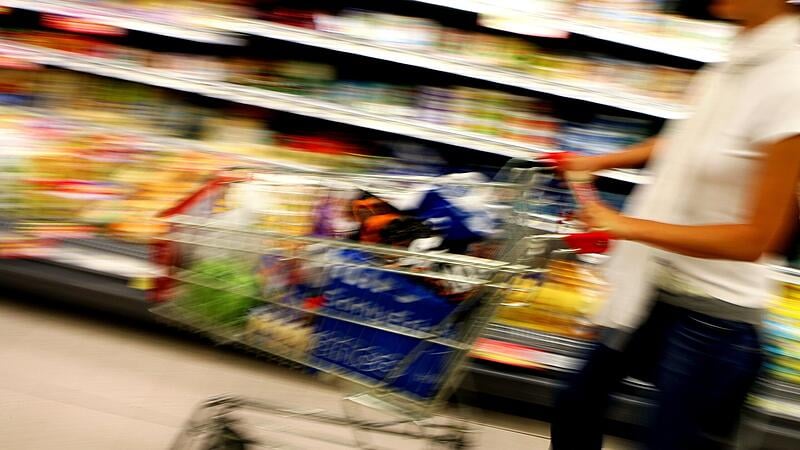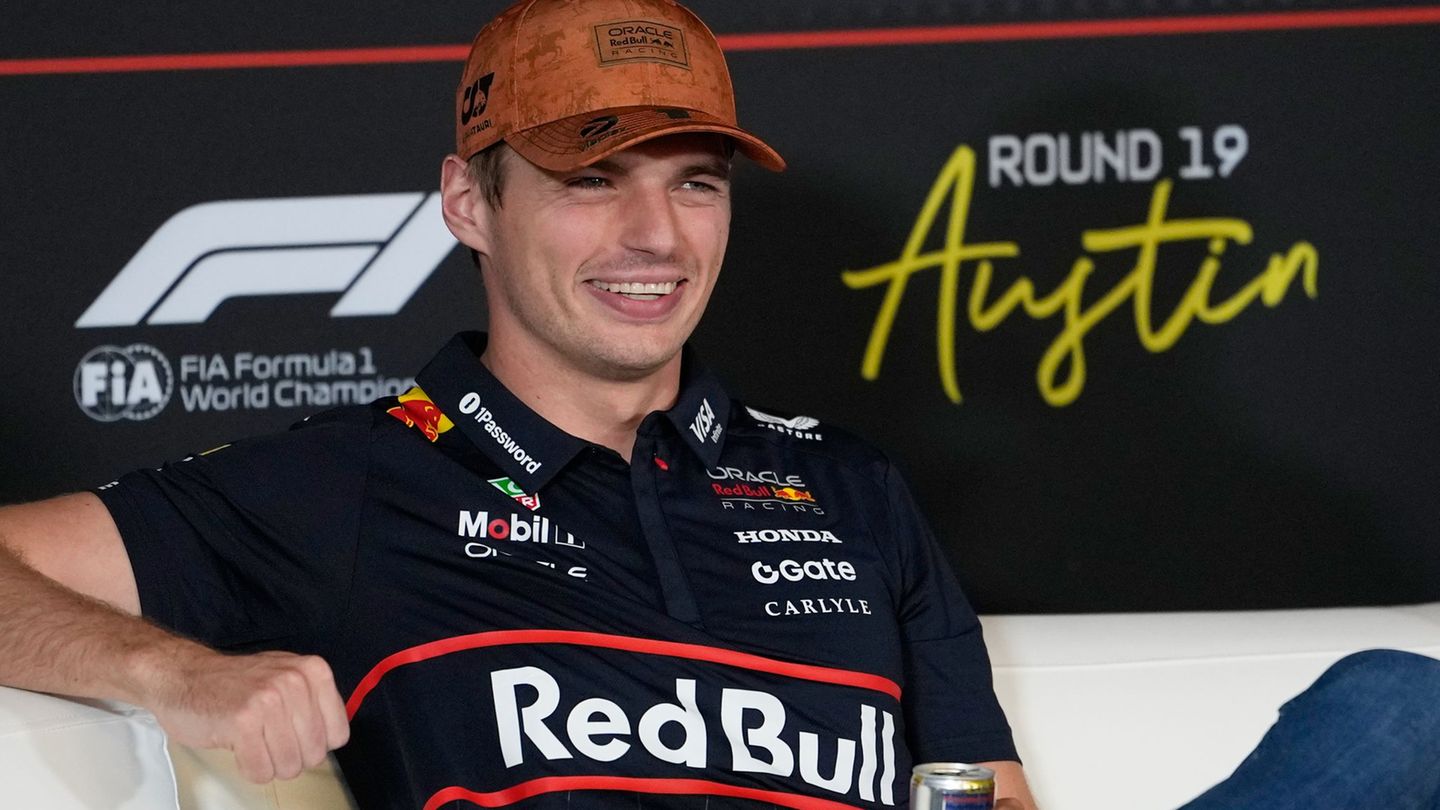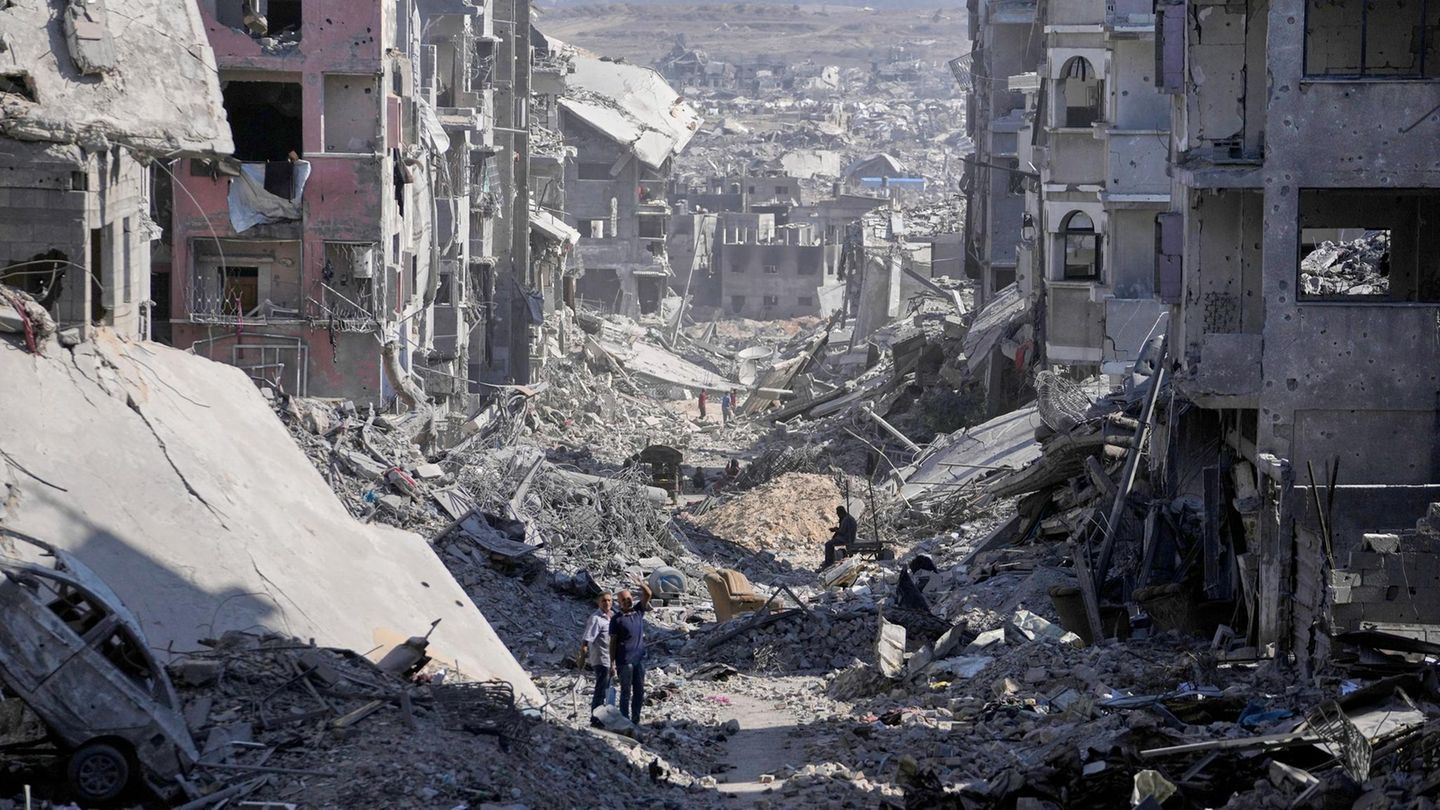Image: (Weihbold Volker)
According to a report by the “oekoreich” initiative, the supermarket chains Spar and Maximarkt stock turkey meat from the Italian manufacturer AIA, which uses toe trimming. The chicks’ claws are melted away shortly after hatching so that the animals do not hurt each other.
“The trade and people who put this into circulation in Austria have crossed the red line. This is animal cruelty to the power of three. In Austria this is strictly forbidden by law,” said the chairman of the Austrian poultry industry, Markus Lukas, at a press conference on Tuesday . Spar has announced in writing that it will delist the company’s products, says Lukas.
In response to an APA inquiry on Tuesday, Spar said that the company took immediate action when it found out about the toe trimming. “The AIA company has confirmed to us that it can precisely understand which of its contract farmers do toe trimming and which do not. We have now agreed that we only get meat from farmers who do not do toe trimming,” said Spar spokeswoman Nicole Berkman.
There are no European minimum standards for keeping turkeys. According to industry representatives, the husbandry regulations in Austria are the strictest in the EU and domestic turkeys have around 70 percent more space in the stable than in most other EU countries. A maximum of two large animals (40 kilos) may be kept per square meter. In addition, the feeding was switched to GMO-free feeding years ago, and the use of antibiotics has been reduced by 65 percent since 2014. All of this makes domestic production expensive.
While a kilo of turkey breast from abroad is sold in stores at prices of 8 to 10 euros, the Austrian product costs 16 to 17 euros. It was said that organically raised turkey meat is currently de facto unsaleable due to its high price. Austria can provide around 50 percent of its own turkey supplies; the remaining half has to be imported.
The import leads to animal suffering, criticized Farmers’ Association President Georg Strasser. Industry representatives demand that retailers, restaurants and public procurers must therefore “immediately” remove animal suffering from sales. In grocery stores, the origin of fresh meat is labeled, but not that which is sold at the counter. “This could be sold from perverted animal husbandry,” said Lukas. The fact that trimming the beaks of animals is allowed in Austria is not seen by turkey fatteners as animal suffering, but is part of animal health, they said when asked.
Spar admits that the low level of self-sufficiency is the reason why the retailer also sources turkey meat from surrounding countries. According to the company, self-sufficiency is not 50 percent, but 35 to 36 percent.
more from economics




